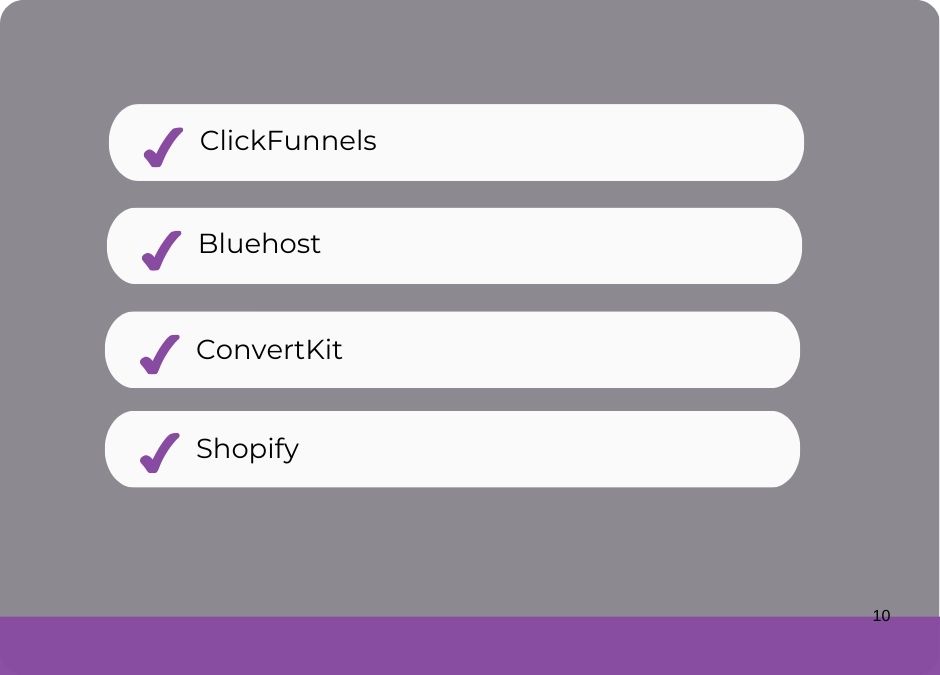When people first stumble upon affiliate marketing, the question comes up almost immediately: How much does affiliate marketing make in reality? It’s an exciting idea—you promote a product, someone buys it, and you earn a commission. Simple enough. But like anything worth doing, there’s a wide gap between expectation and actual results.
Let’s be honest: you’ve probably seen flashy screenshots on social media—people bragging about passive income, high commissions, and quitting their jobs to “live free.” That can be real, sure. But not everyone reaches those heights. And for most people, it takes serious effort, experimentation, and patience before the money starts to feel meaningful.
Let’s unpack what influences affiliate income, look at what real people are making, and help you understand what you might expect on your journey.
So, What Is Affiliate Marketing Anyway?

At its core, affiliate marketing is a commission-based partnership. You promote a product or service using a special tracking link, and when someone purchases it, you earn a slice of the profit. You don’t need to store inventory, deal with refunds, or offer customer support. Your job is to connect people with something valuable—and get paid when it works.
People use a range of platforms for this—blogs, YouTube channels, Instagram, Twitter, podcasts, email newsletters, you name it. The tools might differ, but the principle remains the same.
What Determines How Much You Can Earn?

There’s no one-size-fits-all income here. If you’re serious about finding out how much affiliate marketing makes, you need to look at the variables that influence those numbers. Believe it or not, it’s rarely about luck.
1. The Niche You Choose Matters:
Some markets naturally offer better commissions. Tech, finance, software, and health products usually come with higher payouts. Conversely, if you market low-cost items, you may barely make money if a lot of units are not sold.
2. Traffic is the most important aspect in this business:
It’s plain and simple; if there are no visitors on your website, there will be no clicks, which in turn yields no sales. Be it from search engines, social media, or any other pay-per-click platform, if you’re to make money through affiliates, it goes without saying that people must see your content.
3. Trust and Relevance:
Gone are the days of just dropping a link and expecting people to click on it. People are smart, and if they find that an individual or even any content of such kind does not resonate with them, the advice will be disregarded. Except that the trust and relevancy of the audience are far more productive than getting as many referral links as one can on a single page.
4. Type of Affiliate Programs:
For example, some programs compensate with a certain rate on a first order, depending on the product or service, and the rest never pay. Then there are hybrid models. It’s smart to diversify and mix in long-term and short-term earners.
The Earnings Breakdown: What Do People Actually Make?

Let’s get to the part you came for—how much does affiliate marketing make for different kinds of marketers? These are general ranges based on real-world experience and what many marketers have shared publicly.
Beginners (0 to $500/month):
This is where almost everyone starts. You’re figuring things out—maybe running a blog, growing a TikTok account, or writing your first reviews. Your content might not be converting yet, and that’s okay. Everyone starts slow. The key here is building consistency and improving over time.
Mid-Level Marketers ($500 to $5,000/month):
At this stage, you’ve got some traction. Your posts rank on Google, your audience is engaged, and you know what they like. Maybe you’ve joined multiple programs, and you’re getting sales regularly. You’re not guessing anymore—you’re testing and scaling what works.
Advanced Marketers ($5,000 to $25,000/month):
People in this bracket treat affiliate marketing like a real business. They might have a team, outsource content writing, and use paid ads to drive traffic. They have multiple sites or channels and keep close track of analytics. Success here isn’t random—it’s built.
Top Earners ($25,000+/month):
In this bracket, the stakes are high. Most of the well-paying partners fall under various categories, such as influencers, SEO gurus, or email marketing specialists who have been in the game for quite a while. They understand their clients, funnels, and software to the core. To them, affiliate marketing is not a temporary occupation, but a profession.
Learn more about affiliate marketing.
Examples of Programs That Actually Pay Well

You don’t want to spend time promoting things that only earn you pocket change. Some affiliate programs are worth your energy, especially those in software, digital tools, and premium services.
- ClickFunnels: Known for generous recurring commissions.
- Bluehost: Pays a solid flat fee per sign-up.
- ConvertKit: Offers recurring payouts, perfect for long-term growth.
- Shopify: Great for entrepreneurs promoting e-commerce tools.
Whatever you choose, make sure it fits your audience. Promoting random high-ticket items won’t get you far if your followers don’t care about them.
Pitfalls That Kill Affiliate Income
Even the best marketers mess up sometimes. Here are a few things that can sabotage your income:
- Promoting the wrong stuff: If you don’t genuinely like or use a product, it’ll show. People can tell when you’re faking it.
- Too many distractions: Jumping from program to program without focus leads nowhere. Pick a few and go deep.
- Lack of patience: One of the biggest affiliate killers. You might write 10 blog posts and see zero sales. That doesn’t mean you failed—it means you’re still planting seeds.
Ask any experienced affiliate how much affiliate marketing makes in the first few months, and most will say “not much.” But stick with it, and the numbers usually start going up.
Know More About Affiliate Marketing .
Final Thoughts
So, how much does affiliate marketing make? There’s no single answer. Some people make $50 a month, others make $50,000. What you earn depends on how well you understand your audience, how much effort you’re willing to put in, and how patient you are while learning the ropes.
If you treat it like a serious opportunity instead of a get-rich-quick scheme, affiliate marketing can bring in real income. It might not happen overnight, but with the right mindset and consistent effort, it’s absolutely possible to build something meaningful.



